On Friday in California, Alameda County Superior Court Judge Frank Roesch ruled that Proposition 22, voted into law in the November 2020 election, was in violation of the California state constitution.
The proposition classified ride-share drivers for companies such as Uber and Lyft as independent contractors, thus exempting them from being automatically classified as regular employees — therefore subject to all pertinent employer requirements regarding health care coverage and the like as mandated by AB5.
In the ruling, Judge Roesch stated that although the proposition itself was not in violation of the state Constitution, a provision within the proposition mandating that any modification to the proposition requires a 7/8th majority by the California legislature was not in accordance with state law.
Also, a clause within the proposition regarding collective bargaining rights was problematic. Roesch stated,
“A prohibition on legislation authorizing collective bargaining by app-based drivers does not promote the right to work as an independent contractor, nor does it protect work flexibility, nor does it provide minimum workplace safety and pay standards for those workers. It appears only to protect the economic interests of the network companies in having a divided, un-unionized workforce, which is not a stated goal of the legislation.”
While labor unions such as the SEIU, who were part of the effort in bringing the lawsuit, are naturally ecstatic at the ruling which in their eyes will help swell their ranks, the ruling is deeply disappointing to independent contractors facing situations within California, and quite possibly the entire nation, severely restricting, if not outlawing altogether, the ability to market their services under their own control. It remains to be seen how the ruling, which the defendants have stated will be appealed, will play out.
As has been well-chronicled here, despite its creators and supporters claims that AB5 exists to protect workers from exploitative employers, it is in reality a poorly disguised effort to force freelance workers, against their will, into unions.
Its punitive effect on both freelance workers wishing to remain so, and employers forced to either radically limit their offered goods and/or services due to the law’s onerous monetary demands for health coverage and the like, remain utterly ignored by those seeking a return to the closed shop status quo of days gone by — this walking hand in hand with unions pouring money into Democratic coffers. It also puts a tremendous strain on those seeking to remain afloat and solvent in the ever-worsening Biden economy by restricting available employment.
Since the ruling will be appealed, we will keep tabs on this matter.
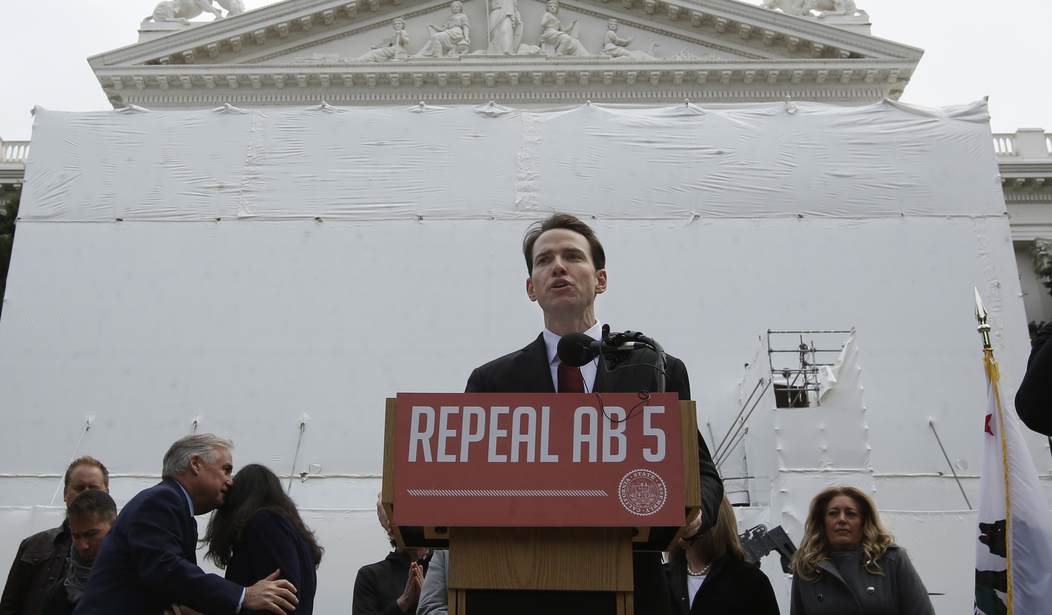



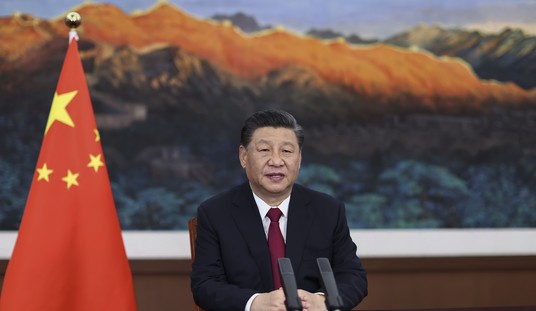

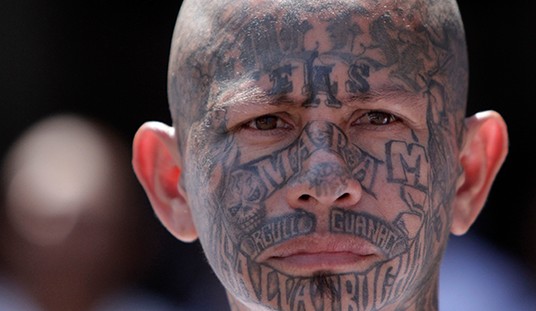
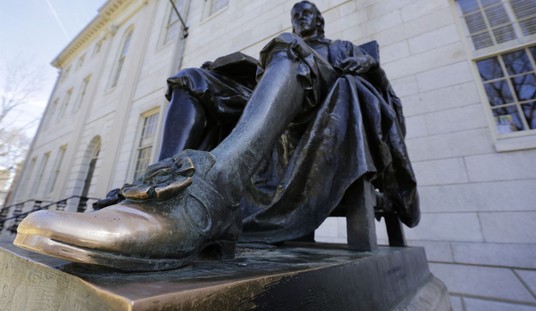

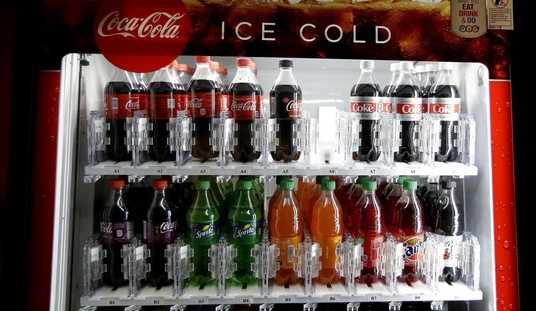
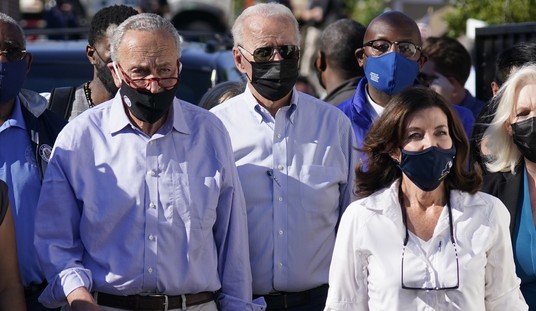




Join the conversation as a VIP Member